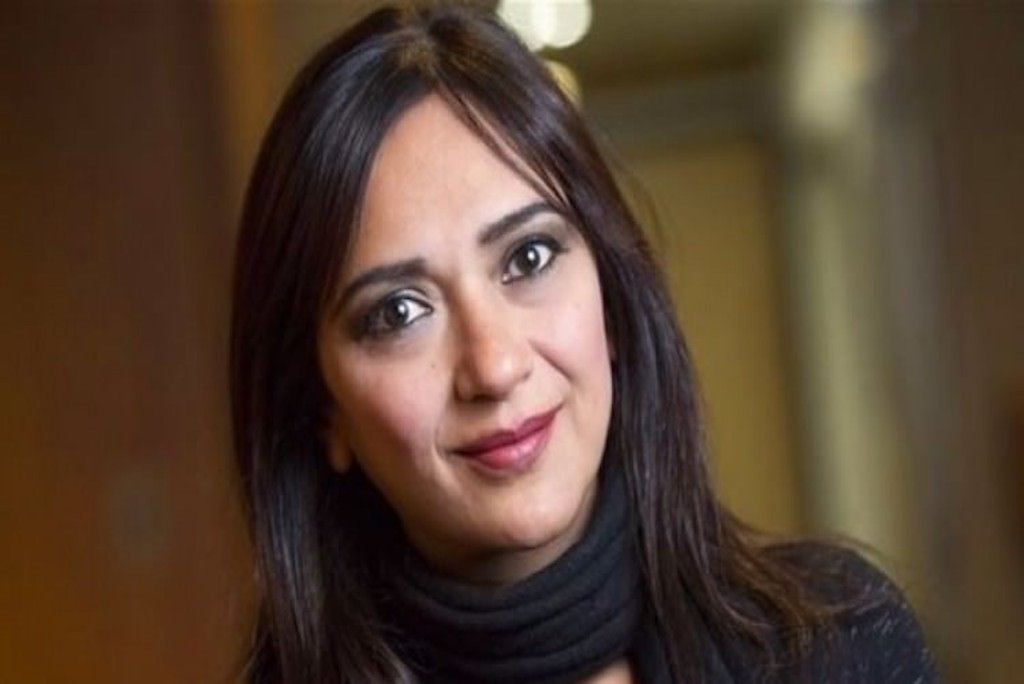An İstanbul court has accepted an indictment seeking a prison sentence of up to three years for journalist Ayça Söylemez on charges of “targeting a public official involved in the fight against terrorism,” Turkish Minute reported, citing the Bianet news website.
The indictment against Söylemez, Bianet’s human rights editor, was drafted following a complaint by Akın Gürlek, deputy justice minister and a former judge who had ruled for the conviction of a number of journalists and politicians during his time on the bench.
The İstanbul 29th High Criminal Court accepted the indictment on Thursday but hasn’t yet set a trial date.
Söylemez was accused due to an article she wrote for the BirGün daily on Feb. 18, 2020, titled “Yetenekli hakim bey” (the talented judge) that mentioned Gürlek, who was the chief judge of the high criminal court in İstanbul at the time.
Gürlek is known for his controversial rulings including the sentencing of Kurdish leader Selahattin Demirtaş to more than four years in prison for spreading the propaganda of a terrorist organization, and the sentencing of the main opposition Republican People’s Party (CHP)’s İstanbul provincial chairman, Canan Kaftancıoğlu, to almost 10 years due to her social media posts.
Gürlek was also involved in the trials of journalist Canan Coşkun; Turkish Medical Association (TTB) President Şebnem Korur Fincancı; lawyers from the Contemporary Lawyers Association (ÇHD); the so-called “Peace Academics”; and executives, columnists and employees of the critical Sözcü daily.
A total of 1,128 academics who referred to themselves as the “Peace Academics” signed a declaration in early 2016 calling on the Justice and Development Party (AKP) government to halt operations by security forces in southeastern Turkey, restore peace to the country and return to the negotiating table to restart shelved talks to find a peaceful solution to the Kurdish issue.
The Kurdish issue, a term prevalent in Turkey’s public discourse, refers to the demand for equal rights by the country’s Kurdish population and their struggle for recognition.
According to Bianet, the indictment states that “freedom of expression must be limited to protect public opinion and the state” and that if freedom of thought is not restricted, anarchy will arise.
In a similar development earlier this week, five journalists were detained in Turkey for “targeting a public official involved in the fight against terrorism,” due to their social media posts about a judge-prosecutor couple who were involved in the investigation and prosecution of Kurdish journalists.
It is common for journalists in Turkey, which has a poor record on freedom of the press, to face threats, physical attacks and legal harassment due to their work.
Rights groups routinely accuse the Turkish government of trying to keep the press under control by imprisoning journalists, eliminating media outlets, overseeing the purchase of media brands by pro-government conglomerates and using regulatory authorities to exert financial pressure, especially after President Recep Tayyip Erdoğan survived a failed coup in July 2016.
According to Reporters Without Borders (RSF), 90 percent of the national media in Turkey, which was ranked 165th among 180 countries in the RSF’s 2023 World Press Freedom Index, is owned by pro-government businessmen and toe the official line.















